Jun Wang is a professor of Institutes for Life Sciences of South China University of Technology. He received his B.Sc. degree in Chemistry and Cell Biology in 1993 and a Ph.D. degree in Polymer Chemistry and Physics in 1999 from Wuhan University, China. From 1999 to 2004, he has worked as a postdoctoral fellow at Johns Hopkins Singapore and Johns Hopkins School of Medicine. He joined University of Science and Technology of China as a full professor in 2014, and moved to South China University of Technology in 2016. His main research focus is biomaterials for drug delivery. He published 150 peer-reviewed papers with total over 6000 citations. Currently, he serves as an associate editor of Biomaterials Science, and the editorial board member of Acta Biomaterialia and ChemNanoMat. He was awarded by the Hundred Talent Program of the Chinese Academy of Science in 2005, “Outstanding Young Scholar Award” of the National Science Foundation of China in 2011 and Fellow of Royal Society of Chemistry in 2016. He received the Second Class Prize of National Natural Science Award of China in 2015.
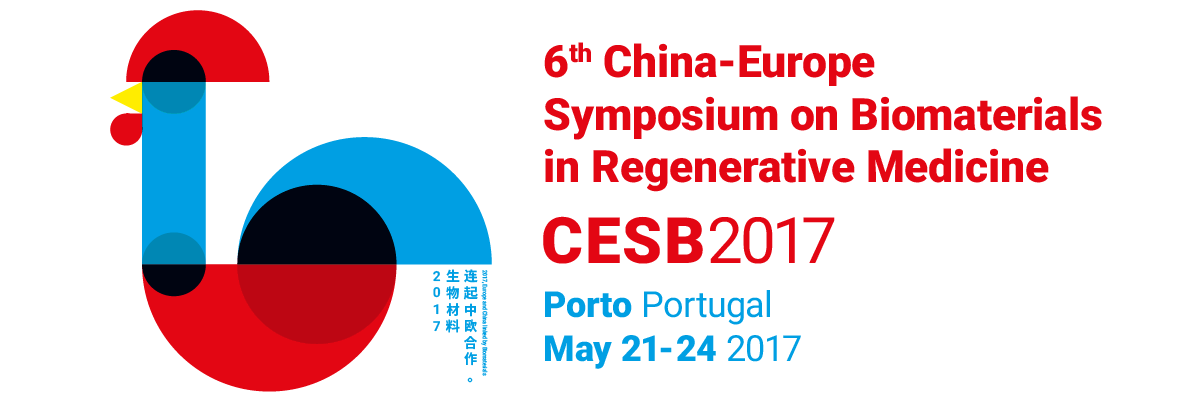
PLENARY SPEAKERS
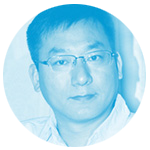
Jun Wang
Institutes for Life Sciences and School of Medicine, South China University of Technology, Guangzhou, China
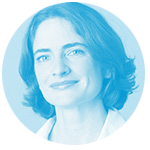
Tanja Weil
Max Planck Institute for Polymer Research, Mainz & Ulm University, Ulm, Germany
Tanja Weil studied chemistry (1993–1998) at the TU Braunschweig (Germany) and the University of Bordeaux I (France) and completed her PhD at the MPI for Polymer Research under the supervision of K. Müllen. In 2003 she received the Otto Hahn Medal of the Max Planck Society. From 2002 to 2008 she managed different leading positions at Merz Pharmaceuticals GmbH (Frankfurt) from Section Head Medicinal Chemistry to Director of Chemical Research and Development. In 2008 she accepted an Associate Professor position at the National University of Singapore. Tanja Weil joined Ulm University as Director of the Institute of Organic Chemistry III / Macromolecular Chemistry in 2010. In 2012 Tanja Weil has been awarded the ERC Synergy Grant together with Fedor Jelezko and Martin Plenio. Her current scientific interests include the synthesis of quantum materials, customized and adaptive macromolecules for precision sensing and therapy as well as polymeric catalysts and hybrid membranes that outperform existing materials. Prof. Dr. Tanja Weil joined the Max Planck Society in 2017 as one of the directors of the Max Planck Institute for Polymer Research heading the department “Synthesis of Macromolecules”.
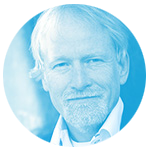
Clemens A. van Blitterswijk
Maastricht University, MERLN Institute for Technology-Inspired Regenerative Medicine, Maastricht, The Netherlands
Clemens van Blitterswijk combines his Professorship at Maastricht University with a Founding Partnership of the LSP-Health Economics Fund (LSP-HEF) of the European health care investment group.
Van Blitterswijk has acted on numerous national and international advisory boards relating directly to either life and material sciences or to the economic applications thereof. He has held various positions in these organizations including chairman of the Dutch Society for Biomaterials, treasurer of the European Society for Biomaterials, and council member of TERMIS. During his career, he has co-founded multiple biomedical companies and held several functions in these organizations.
For his scientific work, Van Blitterswijk has received numerous prestigious international awards including the George Winter Award of the European Society for Biomaterials, the Career Achievement Award of the Tissue Engineering and Regenerative Medicine International Society, the Huibregtsen Prize 2015, an ERC Advanced grant, and election as a member of the KNAW.
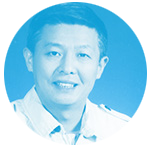
Xiaoguang Li
School of Basic Medical Sciences, Capital Medical University and School of Biological Science and Medical Engineering, Beihang University, Beijing, China
Xiaoguang Li is professor at department of Neurobiology of Capital Medical University and Beihang Unviersity. He was graduated from Bethune Medical University in 1984. From 1991 to 1993, he studied in the University of Kyoto, Japan, engaged in apply materials and engineering methods to repair nervous system injury. He developed artificial neural materials for the repair of peripheral nerve injury, and published articles in the “Artificial Organs”. His major research direction is the mechanism and clinical application of applying tissue engineering methods to repair nervous system injury, which includes the repair of brain injury, spinal cord injury, and peripheral nervous system injury.
Research interests: 1) Induce adult animals’ neurogenesis to repair central nervous system injury by applying engineering technology to control microenvironment. 2) Application of Neuroimage in the central nervous system injury and repair